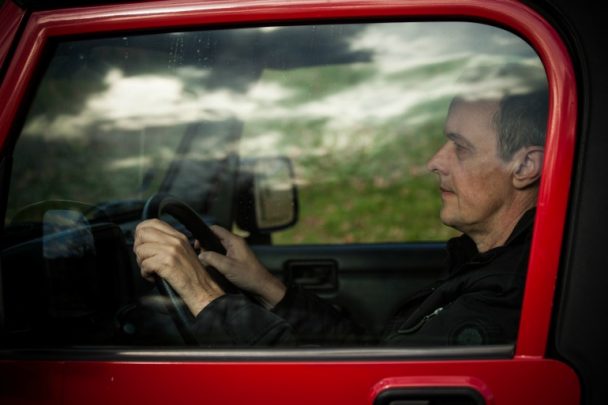Why politicians are steering towards drink driving reforms

Don’t drink and drive.
It is something we all know, but advice that is not always followed.
In Queensland, Main Roads and Road Safety Minister Mark Bailey said he was frustrated with statistics that one in five road fatalities in the state involve a driver under the influence of alcohol.
“Clearly this is unacceptable and I call on Queenslanders to have their say on how this can be stopped,” Mr Bailey said.
That is why Queenslanders are being invited to provide input on tough new government measures proposed to protect people from drink-drivers, who endanger not only themselves, but take risks with the lives of others using the roads.
“The impact drink-driving has each year on families is devastating,” he said
“Those who survive these traumatic experiences are often left incapacitated or with other life-long serious injuries.
“Along with the enormous emotional and physical toll, these people can face crippling financial impacts from long term health related costs.”
Mr Bailey said, if left unchecked, it is estimated that drink driving could cause more than 2,400 fatalities and serious injuries over the next five years, with a projected cost to the community of $2.7 billion.
“It is a sad fact we know that a quarter of drink driving offenders will go on to reoffend and that nearly half of all drink drivers are caught driving at twice the legal limit,” he said.
Road safety experts and representatives of road users groups contributed to the proposed measures in the discussion paper at a Safer Roads, Safer Queensland forum hosted by Mr Bailey.
“They include strengthening the current alcohol ignition interlock program by keeping interlocks installed in vehicles until offenders can demonstrate they can separate drinking and driving,” Mr Bailey said.
“Under the current time based program, the interlocks are removed after 12 months regardless of how the person performs while it’s installed.
“An analysis of interlock data shows that almost half of participants are failing one or more breath tests during the period immediately before their interlock is removed.
“We are also seeking comment on expanding the interlock program to other drink-driving offenders such as those caught driving with a blood/breath alcohol concentration (BAC) of 0.10 – 0.149, learner and provisional drivers.”
Mr Bailey said in addition to interlock program reforms, more could be done to address the underlying causes that lead to drink-driving.
“As part of this consultation we will also be seeking views on introducing toughereducation programs for repeat drink drivers,” Mr Bailey said.
“We know from annual surveys that Queenslanders believe drink driving is socially unacceptable. However, there continues to be a group of drivers not responding to the threat of penalties who may benefit from strengthening the laws and introducing education components”.
The Drink Driving Discussion Paper is available at www.getinvolved.qld.gov.au and is open for community feedback until Tuesday March 7.
Proposals within the discussion paper include:
- Making it harder for people to sit-out of the interlock program
- Making people demonstrate that they can separate drinking and driving before the interlock can be removed
- Expanding the interlock program to other high risk offenders including those with BAC between 0.10 – 0.149, provisional and learner drivers
- Requiring all drink driving offenders to complete alcohol screening and complete a brief education program
- Requiring all higher risk repeat drink drivers to complete a mandatory face-to-face drink driving education course
- Abolishing or tightening eligibility for a restricted (work) licence

Did you know these current laws?
- Australia wide the legal limit is 0.05 blood alcohol concentration. For learner drivers or P platers that level is 0.00.
- You may be required to appear in court for drink driving, even if it is first offence.
- Penalties can include fines and demerit points, as well as having your licence suspended, disqualified or cancelled.
- Alcohol levels are broken up into low range and high range; and affect the amount of the fine and whether you are eligible for a work licence.
- A serious drink driving offence can lead to a term of imprisonment.
- Did you know the drink driving laws also apply on private property.
- It is an offence to refuse to undergo a breath test.
- If you are supervising a learner driver you must also be under the limit, even though you are not behind the wheel.








 Proudly Australian owned and operated
Proudly Australian owned and operated